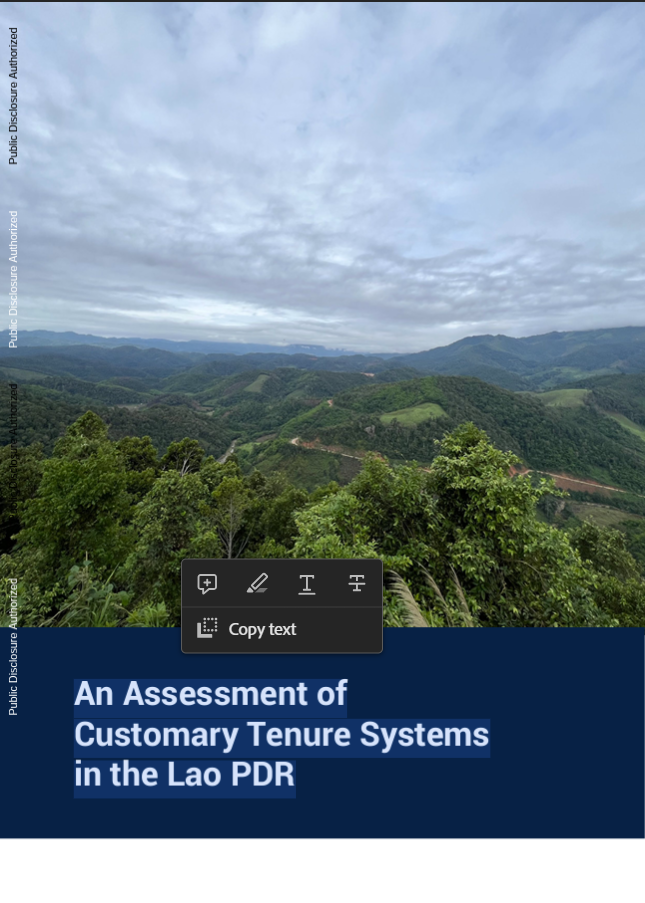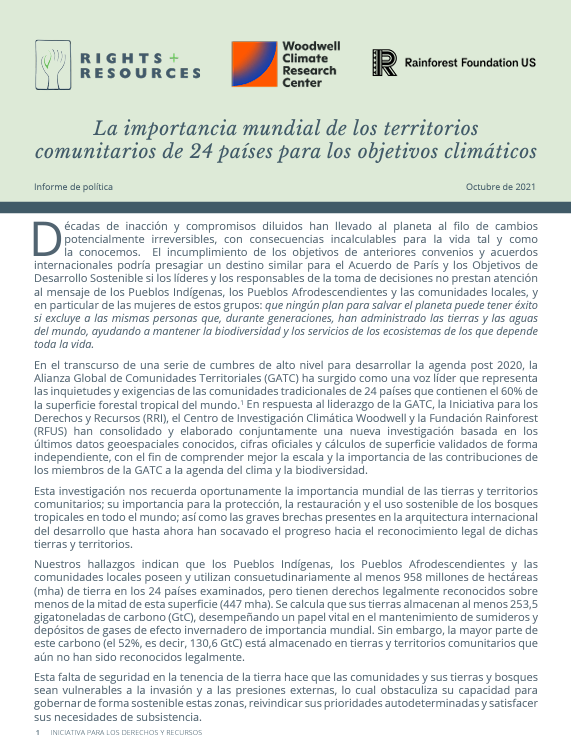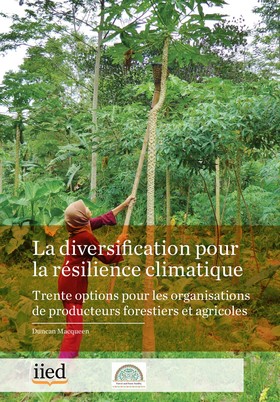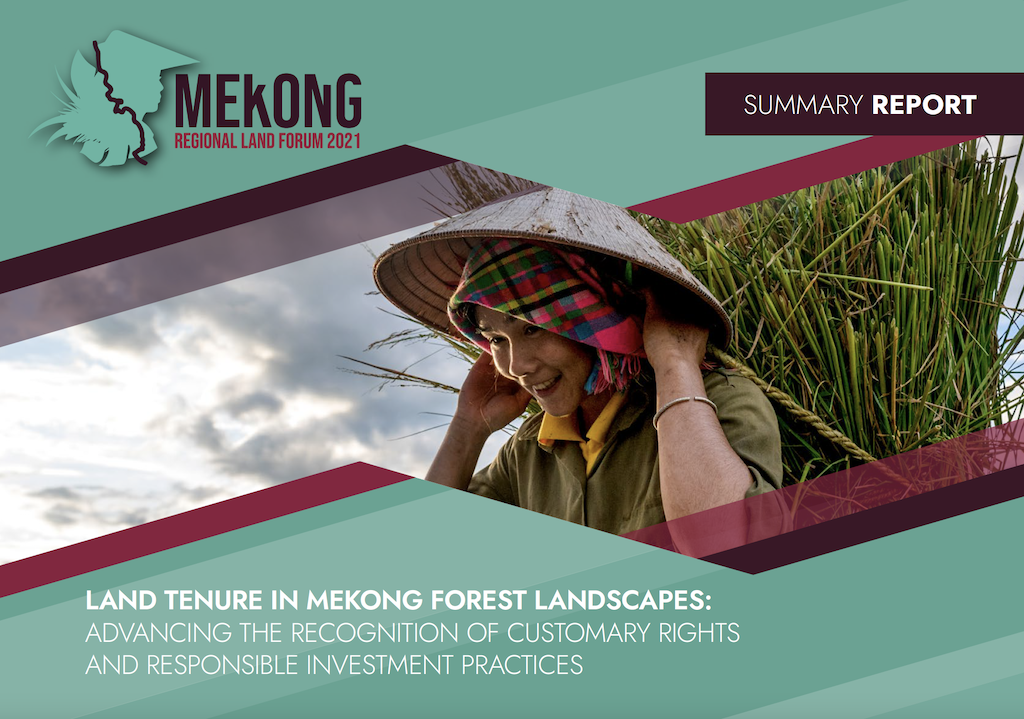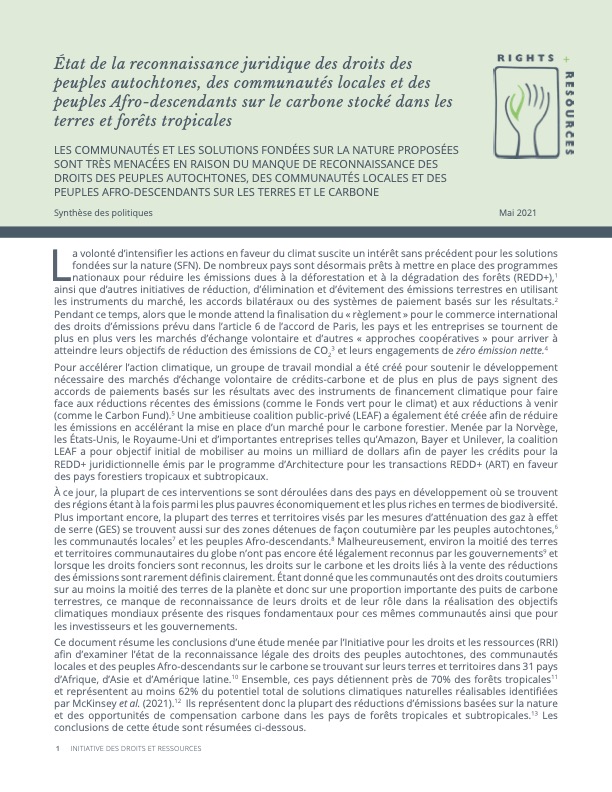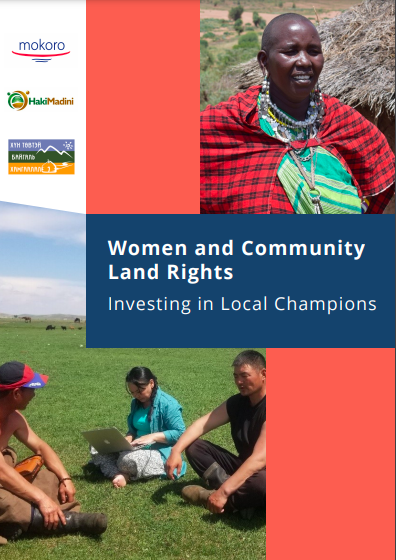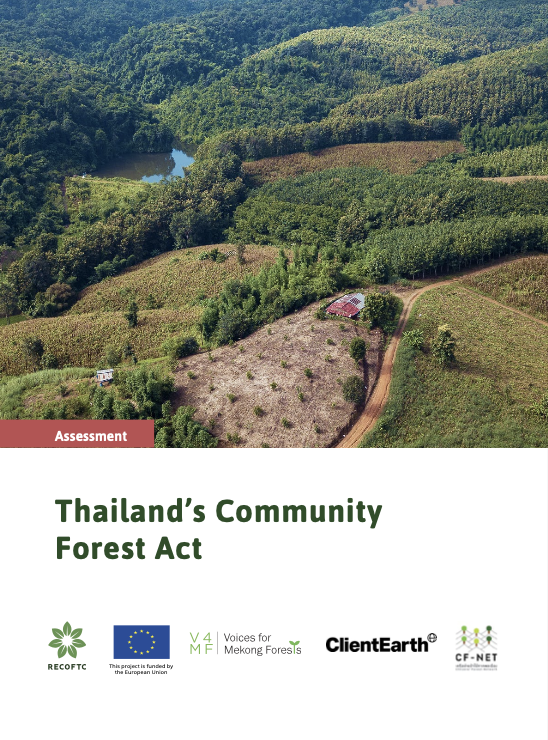Etat des Forêts 2021
Ce 03 mai 2022, le résumé du rapport LES FORETS DU BASSIN DU CONGO - ETAT DES FORETS 2021 de l'OFAC a été présenté au XVème Congrès Forestier Mondial à Séoul.
Le rapport État des forêts 2021 (EDF 2021) est le septième de la série publiée depuis 2005. Le rapport précédent a été publié en 2015 lors de la quinzième Conférence des Parties de la Convention-cadre des Nations-Unies sur les changements climatiques (CCNUCC) tenue à Paris.


